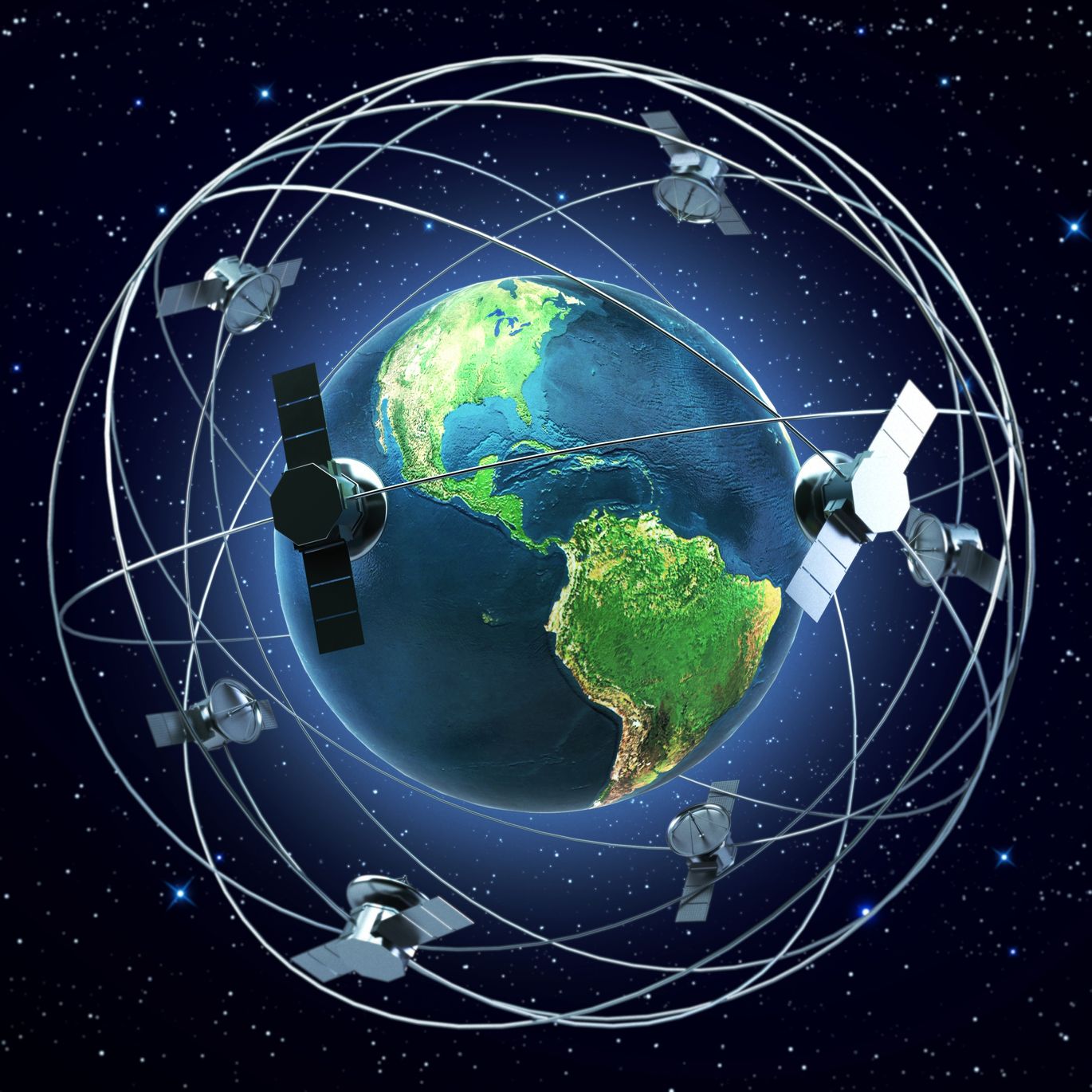
Empowering the Space Industry to Protect Our Planet
Protecting Our Planet Starts in Space
The 2021 United Nations Climate Change Conference, COP26, brought politicians, business leaders and celebrities from around the world together to share insights and visions on combatting climate change. While many of the participants emphasized the need to protect planet Earth, the importance of space was undeniable this year.
In order to tackle the numerous challenges our planet faces from global warming, we must have the tools to monitor and measure change. Satellites are playing a critical role in the data collection process. Companies such as Maxar* and Airbus* are using satellites to track weather patterns and natural disasters, detect and quantify emissions, calculate sea and ice levels, observe droughts, and much more.
However, the space industry’s role in ensuring Earth’s safety does not simply end with observation. As global superpowers like China and Russia demonstrate satellite destroying capabilities and
corporations look to ramp up space businesses via satellite launches, the need to protect Low Earth Orbit (LEO) is imperative. New investments in space debris monitoring, removal and mitigation will be essential to keep LEO safe and usable for decades to come.
Looking beyond LEO, researchers aim to protect Earth from asteroids and meteors. As a result, investments are increasing in the areas of detection and deterrence of these potentially destructive menaces. Just last month, NASA launched its Double Asteroid Redirection Test mission to gauge our ability to redirect the course of an asteroid that could one day threaten life on Earth.
The world’s first global pure‐play space ETF, the Procure Space ETF (TICKER: UFO), currently includes space-based companies poised to participate in, and potentially capitalize on, protecting Earth. From the events of COP26, it has never been more apparent that we must empower the space industry if we wish to protect the beautiful planet that we call home. To learn more about UFO, the Procure Space ETF, visit www.ProcureETFs.com.
*As of December 29th, 2022, Airbus (AIR FP) was a 1.20% holding and Maxar Technologies (MAXR) was a 10.57% holding in the Procure Space ETF (NASDAQ: UFO). For a complete list of holdings in UFO, visit https://procureetfs.com/ufo/. Fund holdings and sector allocations are subject to change at any time and should not be considered a recommendation to buy or sell any security.
Please consider the Funds investment objectives, risks, and charges and expenses carefully before you invest This and other important information is contained in the Fund’s summary prospectus and prospectus, which can be obtained by visiting procureetfs.com. Read carefully before you invest.
Investing involves risk. Principal loss is possible. The Fund is also subject to the following risks: Shares of any ETF are bought and sold at market price (not NAV), may trade at a discount or premium to NAV and are not individually redeemed from the funds. Brokerage commissions will reduce returns.
Aerospace and defense companies can be significantly affected by government aerospace and defense regulation and spending policies. The exploration of space by private industry and the harvesting of space assets is a business based in future and is witnessing new entrants into the market. Investments in the Fund will be riskier than traditional investments in established industry
sectors. The Fund is considered to be concentrated in securities of companies that operate or utilize satellites which are subject to manufacturing delays, launch delays or failures, and
operational and environmental risks that could limit their ability to utilize the satellites needed to deliver services to customers. Investing in foreign securities are volatile, harder to price, and less
liquid than U.S. securities. Securities of small- and mid-capitalization companies may experience much more price volatility, greater spreads between their bid and ask prices and significantly
lower trading volumes than securities issued by large, more established companies. The Fund is not actively managed so it would not take defensive positions in declining markets unless such positions are reflected in the underlying index. Please refer to the summary prospectus for a more detailed explanation of the Funds’ principal risks. It is not possible to invest in an index.
UFO is distributed by Quasar Distributors, LLC.